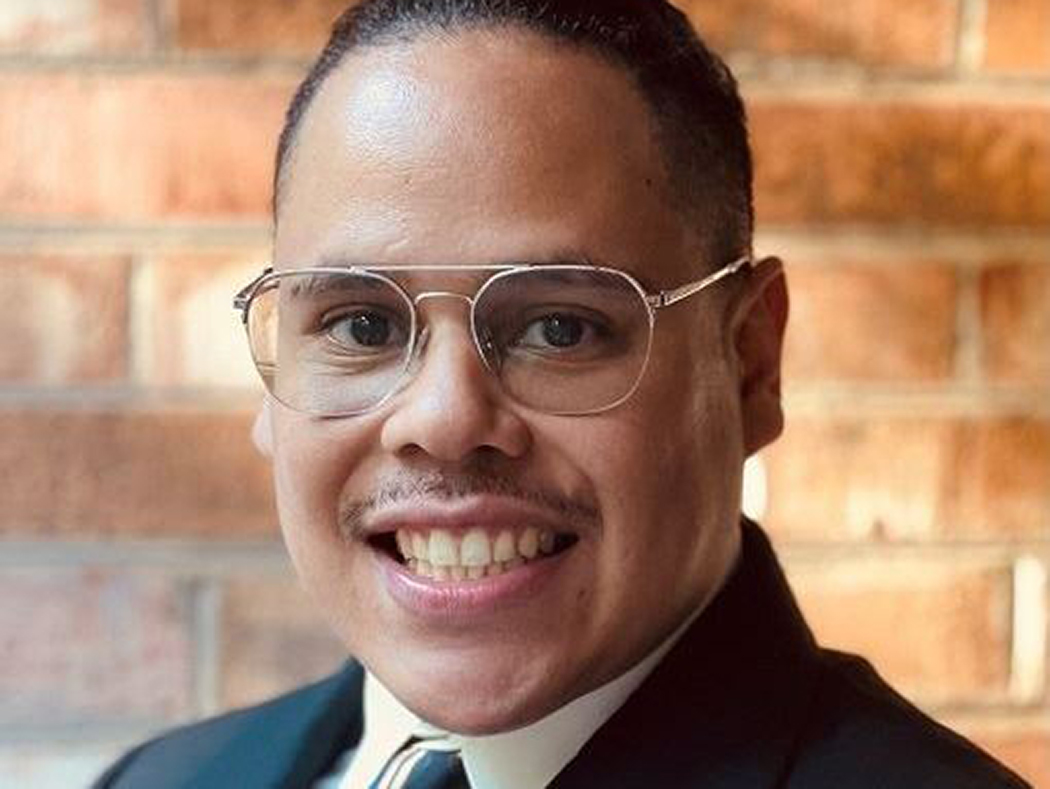In August, Charlottesville’s Police Civilian Review Board, a body designed to investigate accusations of police misconduct, approved a new ordinance that expanded its powers. City Council, which began discussing the proposed ordinance last week, will have to vote in favor of it for the CRB to begin its work.
In accordance with a new state law that took effect in July, the ordinance would allow the board to independently receive and investigate complaints, hold hearings, subpoena documents and witnesses, and issue disciplinary recommendations in cases that involve “serious breaches” of department and professional standards.
During last week’s lengthy work session, City Council’s discussion of the ordinance included CRB members and its Executive Director Hansel Aguilar, who was appointed in September.
The board has yet to determine exactly who is allowed to file a complaint, and what kind of cases would require it to conduct an independent investigation. To limit the criteria for CRB investigations, board vice-chair William Mendez suggested Aguilar could closely oversee CPD’s internal affairs division, and make recommendations throughout its investigations to ensure they are complete and unbiased.
Councilor Lloyd Snook pointed out that potential complaints like use of excessive force are typically cases of criminal conduct or civil action, which the board is not allowed to investigate. “Where do these exclusions leave the PCRB with something meaningful to do?” he asked.
Aguilar suggested the board take notes from Washington, D.C., where he formerly served as a police misconduct investigator. If the city’s CRB received a complaint about a potentially criminal act, the board conducted a preliminary investigation and sent it to the U.S. attorney’s office. If the office decided not to prosecute the police officer, the board then continued to investigate the complaint as a breach of department standards.
Councilor Michael Payne asked if complaints involving the University Police Department could also be submitted to the CRB. “It was absolutely the intent of the legislature to consider the campus police in this process,” replied Delegate Sally Hudson, who said she could help clarify that part of the law during the upcoming General Assembly session.
Payne also recommended the board include a code of ethics in the ordinance, detailing when council could remove members for misconduct. During public comment, several community members called for the removal of board chair Bellamy Brown, who has been accused of collaborating with the Police Benevolent Association to get former CPD chief RaShall Brackney fired.
Mayor Nikuyah Walker said she brought up Brown’s behavior to council multiple times, but was told it was a private matter. “If there is only the will of one person to take his behavior [and] determine if he’s a good fit for the board, then there’s not much that can be done,” she said.
During the work session, councilors also commented on the CRB’s proposed interim hearing procedures, which would allow the board to proceed with one review request while it waits for the full ordinance to be passed.
The placeholder hearing procedures give board members full access to the police department’s internal affairs files, but leave complainants with just a police department-authored summary of the files. Snook voiced multiple concerns about that mechanism, suggesting that it could make it more difficult for complainants to argue their cases.
Following the work session, Council voted 4-1 during its Monday night meeting to approve the interim hearing procedures, with Mayor Walker dissenting. In the coming weeks, several CRB members and councilors will hold another work session to further discuss and amend the ordinance. Council hopes to pass the final ordinance before the end of the year.
